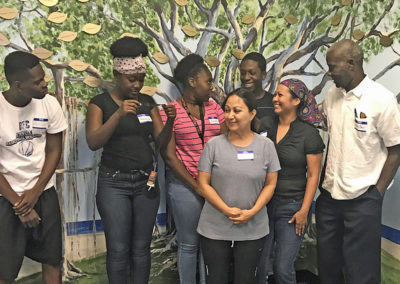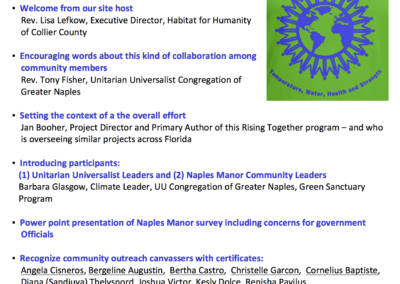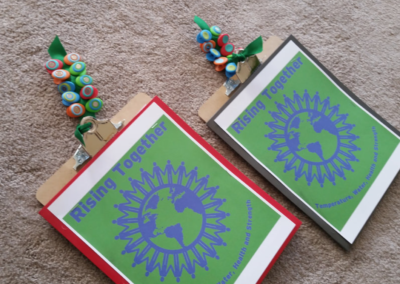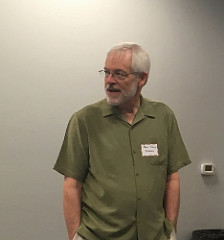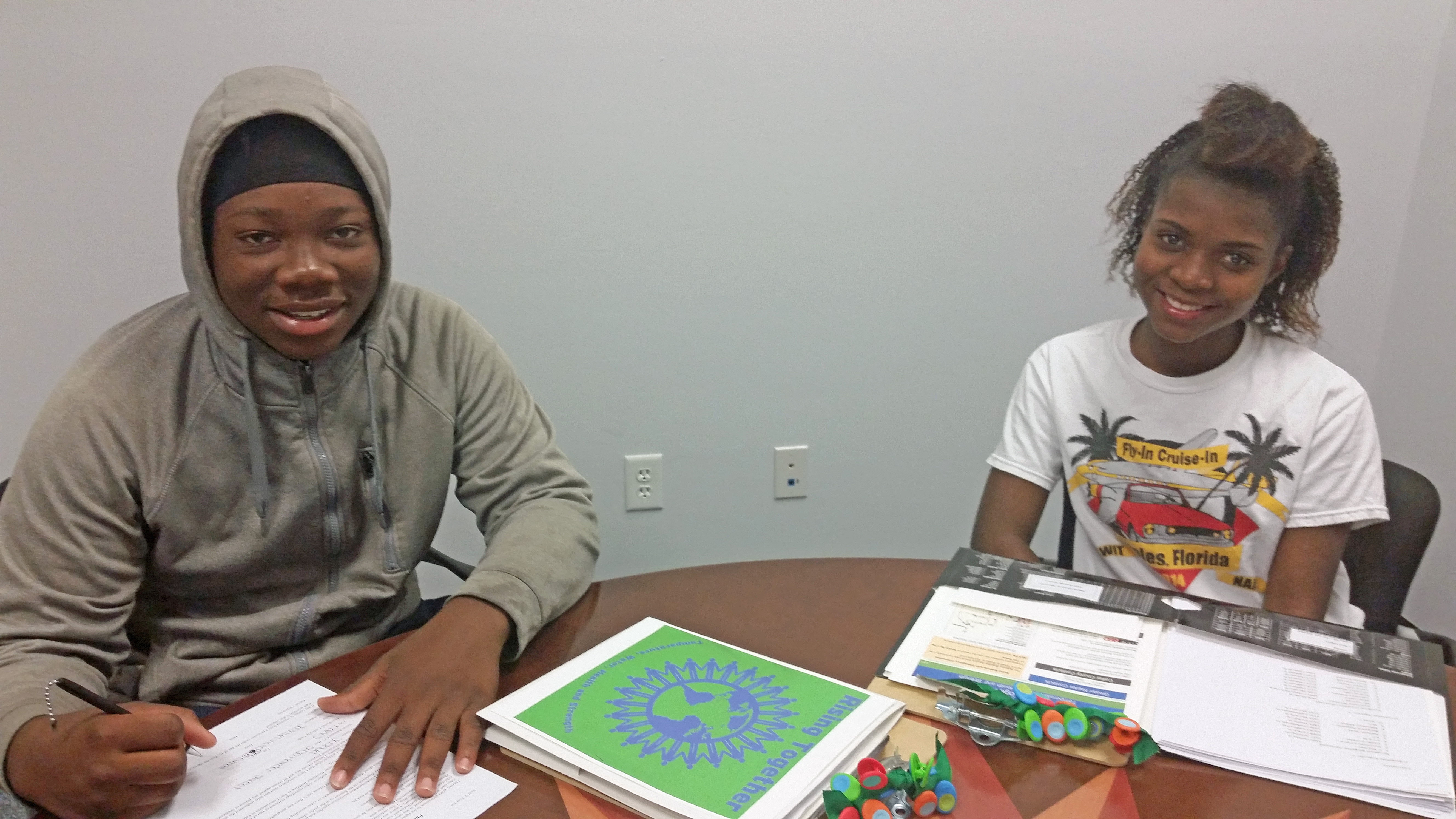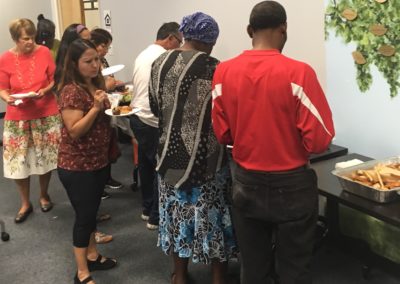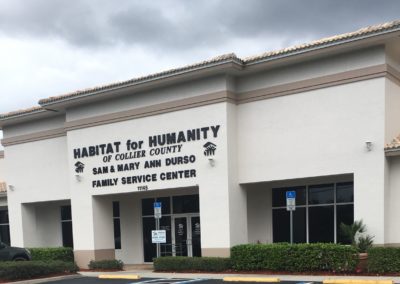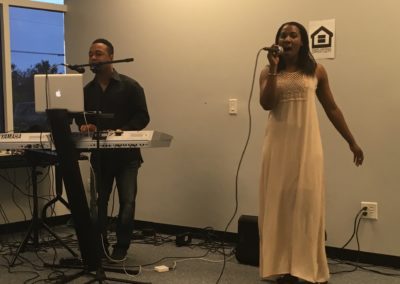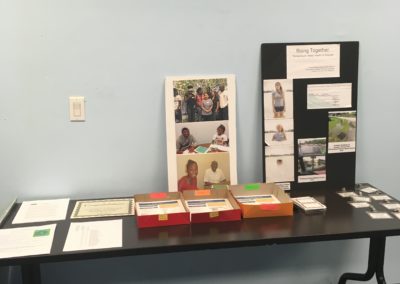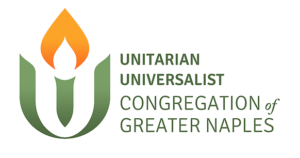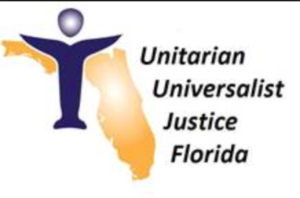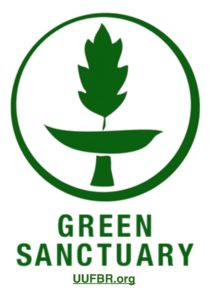Rising Together: Naples is a climate justice initiative of UU Justice Florida that partners congregations with existing leadership in vulnerable communities to help residents stay safe and healthy as the climate changes, and to build climate resilience by building community.
The Unitarian Universalists come from a long history of social justice work, and our local congregation here in Naples is carrying on the tradition by helping carry out the “Rising Together” health education outreach in Naples Manor. An update on the Green Sanctuary program at the UU Congregation of Greater Naples was given last summer which focused on how to fight climate change. Included in that was a look at the area of environmental justice – because climate change is a social justice and a human rights problem. Environmental degradation almost always falls more heavily on marginalized groups – the young, poor, racial and ethnic minorities and indigenous communities. The Florida Interfaith initiative to help vulnerable communities prepare for climate was introduced. This work builds climate resilience in diverse communities impacted by climate change by building relationships; it educates residents about how to respond to impacts such as contaminated storm water, boil water orders, standing water, algae blooms and mold and more intense hurricanes and storms. Residents are trained to educate others and to advocate for their communities during adaptation planning. Outreach materials are in English, Spanish and Creole.
In
Partnership
with
Naples Manor in Western Collier County
Naples Manor is a community with 200 family homes built by Habitat for Humanity between 1993 and 2006, with an additional 200 (non-Habitat) foreclosed homes that were purchased and rehabbed to ”like-new” standards. Naples Manor is a census-designated place. Data collected from the 2010 census showed that it had a population of 5,562 in 1,130 households. It is bordered on the Southwest by Tamiami Trail East (US 41), Lely to the North and Lely Resort to the East. The total area of the community is 0.69 square miles, of which 2.91% is water. Naples Manor has an AE flood zone designation. This means that there is a high risk of flooding, so higher flood insurance rates apply. The racial make-up is 49.48% white, 16.43% African American /Haitians of African descent, 0.39% – Native American, 0.13% – Asian, 0.10% – Pacific Islander, 29.16% – other races. Latino of any race were 69.3% of the population. Of the 1,140 households, 55.7% had children under the age of 18, 66.1% were married couples, 12.5% female head of household, 10.87% were non-families, 5.8% individuals, 1.3% had 65+ year-old living w them, 4.5 people were in an in average household, and 4.3 people were in an average family. The median income per household was $41,3338. The per capita income was $11,019, and 23.6% of families were below the poverty line. When the 34.7% of the population under age 8 and the 13.1% 65 and over are included, 26.5% of population was below poverty line.
Naples Outreach Materials can be accessed at these links:
Climate and Health Outreach Fact Sheet English
Climate and Health Outreach Fact Sheet Creole
Climate and Health Outreach Fact Sheet Spanish
Sea Level Rise Risk Perception Survey English
Sea Level Rise Risk Perception Survey Creole
Sea Level Rise Risk Perception Survey Spanish
If you would like to know more about the Rising Together project in Naples, please fill out the contact form to the right or email barbaraglasgow43@gmail.com
This website is maintained by the Unitarian Universalist Justice Florida’s Climate Resilience Ministry. It was established by the Green Sanctuary Committee of the Unitarian Universalist Fellowship of Boca Raton. The community pilot projects, on which the Community Toolkit was based, were undertaken in partnership with Developing Interracial Social Change (DISC) and Habitat for Humanity in Boca Raton, Florida; and Toussaint L’Ouverture High School for Arts and Social Justice in Delray Beach, Florida. Project Director for that effort was Janice T. Booher, MS. Pilot Project Manager Phase I was Dr. Ana Puszkin-Chevlin. Pilot Project Manager Phase II was Debra Weiss-Randall, Ed. D, CHES.
- This project is funded in part by the Unitarian Universalist Fund for Social Responsibility.
- Funding for this project was provided by the Unitarian Universalist Fellowship of Boca Raton Endowment Fund.
- Funding for the project in Shorecrest, Miami with the Community Health Mapping Initiative is provided by the National Library of Medicine/NIH.
- Development of the ReACT Tool Kit and the Pilot Projects were funded by EPA Environmental Justice Grant #EQ-00D35415-0 awarded to the Green Sanctuary Committee of the Unitarian Universalist Fellowship of Boca Raton.
Website designed and maintained by Janice T. Booher

